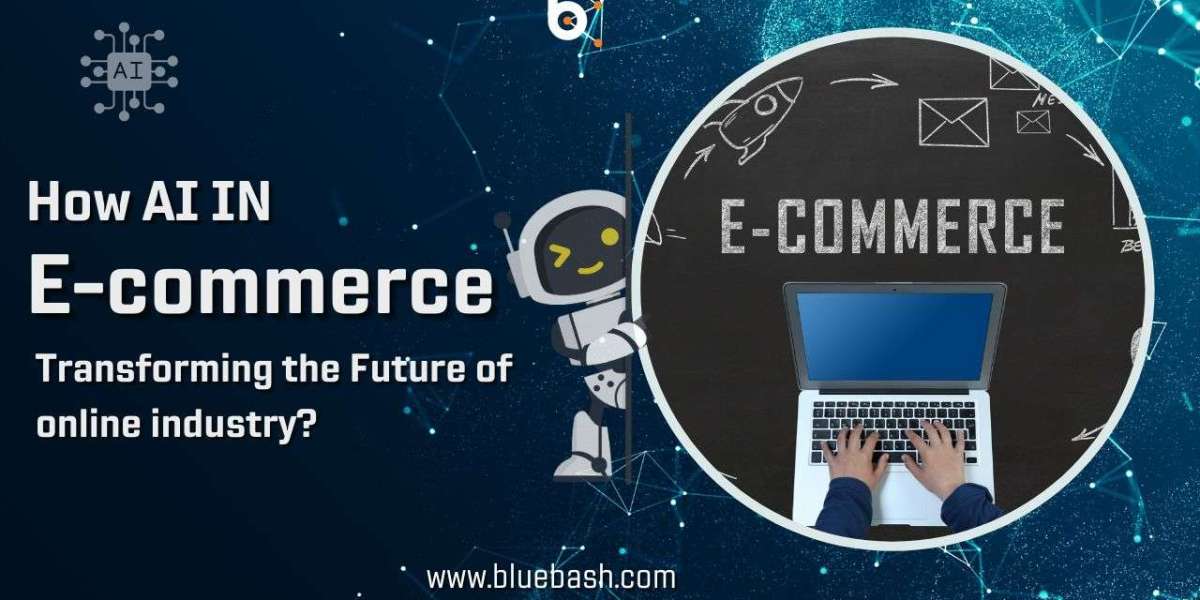The tendency of online buying, which is still growing, was hastened by the epidemic. In 2021, 17.8% of sales were made online, increasing to 20.8% by 2023. By 2025, it's expected that nearly a quarter (23%) of all purchases will be online.
Despite ecommerce's importance to the global economy, simply offering a product isn't enough. Retailers need to stand out online, and AI is the key to achieving this.
In this article, we'll explore how AI is revolutionizing the customer journey, creating personalized experiences, and enhancing internal operations to improve competitiveness. We'll also look at the future of ecommerce for those who embrace AI.
Main Types of AI for Ecommerce
Consider these compelling statistics:
The market for AI in e-commerce is projected to grow to $45.72 billion by 2032.
84% of ecommerce businesses prioritize AI.
AI in ecommerce can boost customer satisfaction, revenue, or reduce costs by over 25%.
These figures highlight AI's growing importance in ecommerce and its potential benefits for businesses and consumers. AI enhances customer interactions and delivers personalized recommendations while streamlining internal processes for a more efficient shopping experience.
Personalized Product Recommendations
Today's customers expect personalized shopping experiences. Retailers that meet this demand see a 40% revenue increase. Yet, only 1 in 10 retailers fully implement personalization across all channels, making it a huge untapped opportunity.
AI uses past customer behavior data, like searches, clicks, and purchases, to recommend relevant items. This is often seen on websites with sections like "Inspired by your shopping trends" or related add-on suggestions in carts.
Personalized recommendations enhance the shopping experience by quickly helping customers find what they want and suggesting additional products they might like. For retailers, this boosts customer loyalty and provides opportunities for cross-selling or upselling. According to McKinsey, using AI for personalization results in:
10-30% more efficient marketing and cost savings
3-5% increased customer acquisition
5-10% higher satisfaction and engagement
Smarter Searches
AI also enables retailers to understand a shopper's search intent. With ecommerce bounce rates between 20-45%, smarter searches offer more relevant results, reducing these numbers.
AI identifies patterns in data to understand customer intent. Machine learning algorithms make the data contextual. For example, if a shopper searches for "hats" and has an upcoming wedding, AI might show fascinators rather than woolen hats.
AI continually learns individual preferences, making more accurate recommendations. For instance, a search for "best holiday clothes" would show clothing from the shopper's favorite brands and suitable for an upcoming city break.
This hyper-targeting helps reduce cart abandonment rates, showing the right product at the right time.
Logistics and Forecasting
AI enhances customer experience and significantly impacts business operations. As ecommerce grows, retailers can use AI to manage operational complexities, optimize warehouse processes, and revolutionize supply chain management.
AI supports logistics and forecasting by analyzing vast amounts of data to identify patterns and make predictions. This includes:
Inventory Management: Analyzing sales data, market trends, and social listening insights to forecast demand accurately.
Seasonality Predictions: Anticipating demand for events such as Black Friday, which saw a 2.3% year-on-year increase in online sales
.Pricing Optimization: Creating dynamic pricing based on supply and demand to calculate the minimum discount needed for a sale.
AI also automates repetitive tasks and streamlines workflows, reducing time and costs associated with warehouse operations. For example:
Supply Chain Management: AI improves logistics costs by 15%, inventory levels by 35%, and service levels by 65%.
Delivery: 99% of consumers prioritize fast delivery, and 42% of retailers are working on offering same-day delivery.
AI Assistants
AI-powered chatbots handle 70% of online customer conversations. Generative AI has boosted the ecommerce sector's value to $5.92 trillion as retailers enhance chatbots with new functionalities. These AI assistants can handle complex queries, offer product recommendations, and provide real-time updates.
For retailers, AI assistants break down language barriers, identify counterfeit goods, and optimize product descriptions. They analyze customer reviews to recommend appropriate sizes and use natural language processing to tailor recommendations.
The Big Trend: Conversational Commerce
Conversational commerce is the next big trend. Voice-enabled assistants like Siri, Google Assistant, Alexa, and Cortana are becoming integral to daily life. As the technology behind these assistants advances, it will create a seamless voice-enabled shopping experience, influencing buyer behavior.
The Future of AI in Ecommerce
To embrace AI meaningfully, businesses need comprehensive solutions like Bloomreach. Our technology enables AI-driven product discovery and intelligent omni channel marketing, delivering personalized customer experiences.
Bloomreach has driven impactful results for ecommerce brands, including:
A 33% increase in booking inquiries for The Thinking Traveller.
An 800% return on advertising spend for 4Home.
A 41% year-on-year increase in ecommerce sales for Bensons for Beds.
Join our 850+ happy customers and experience the transformative power of AI in E-commerce.









